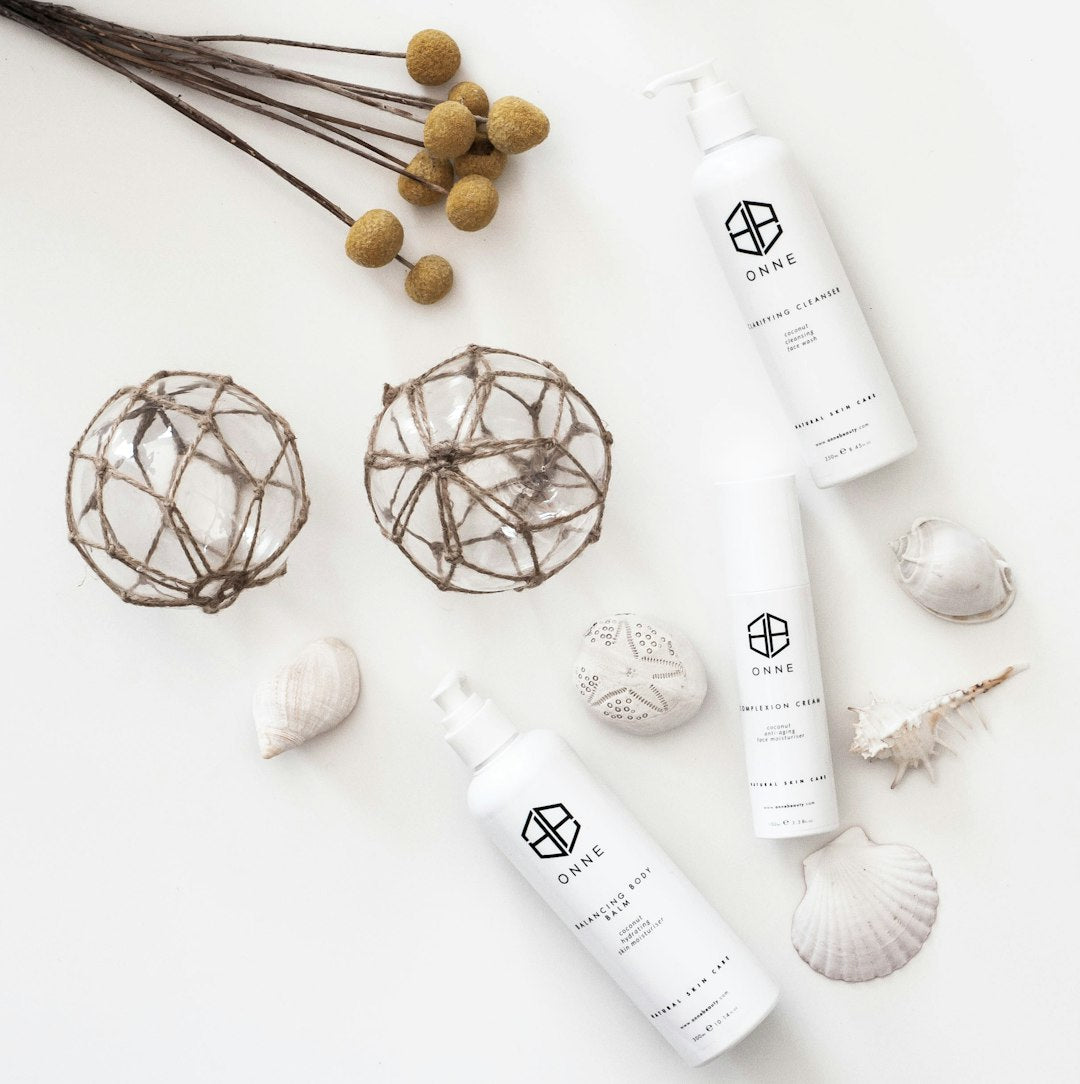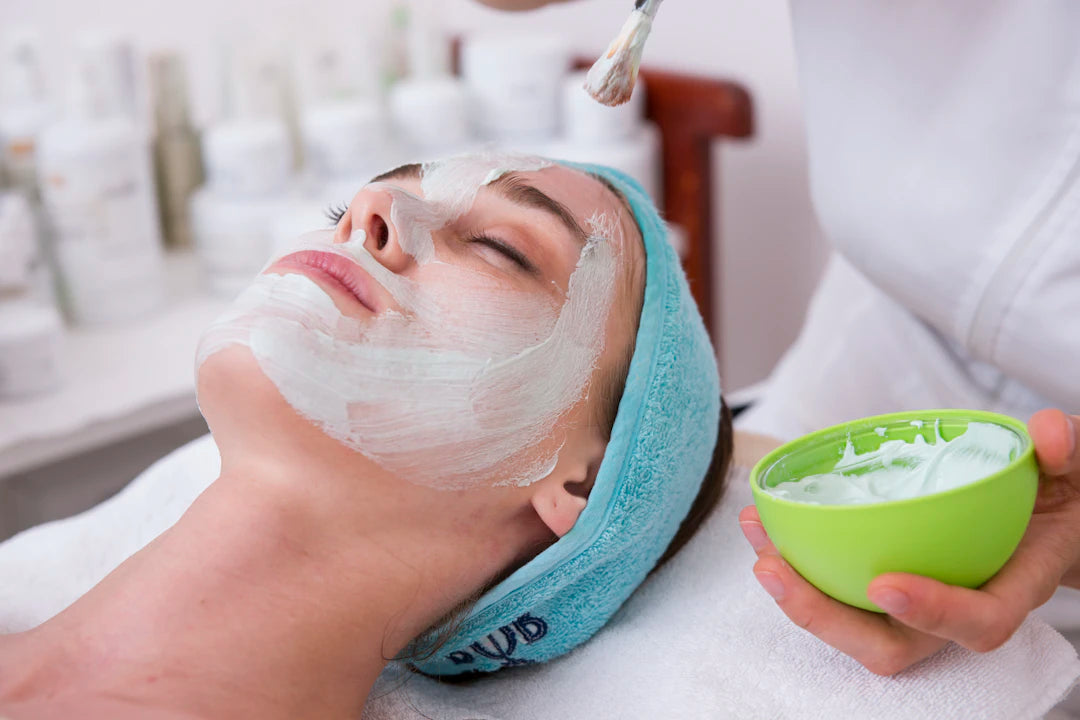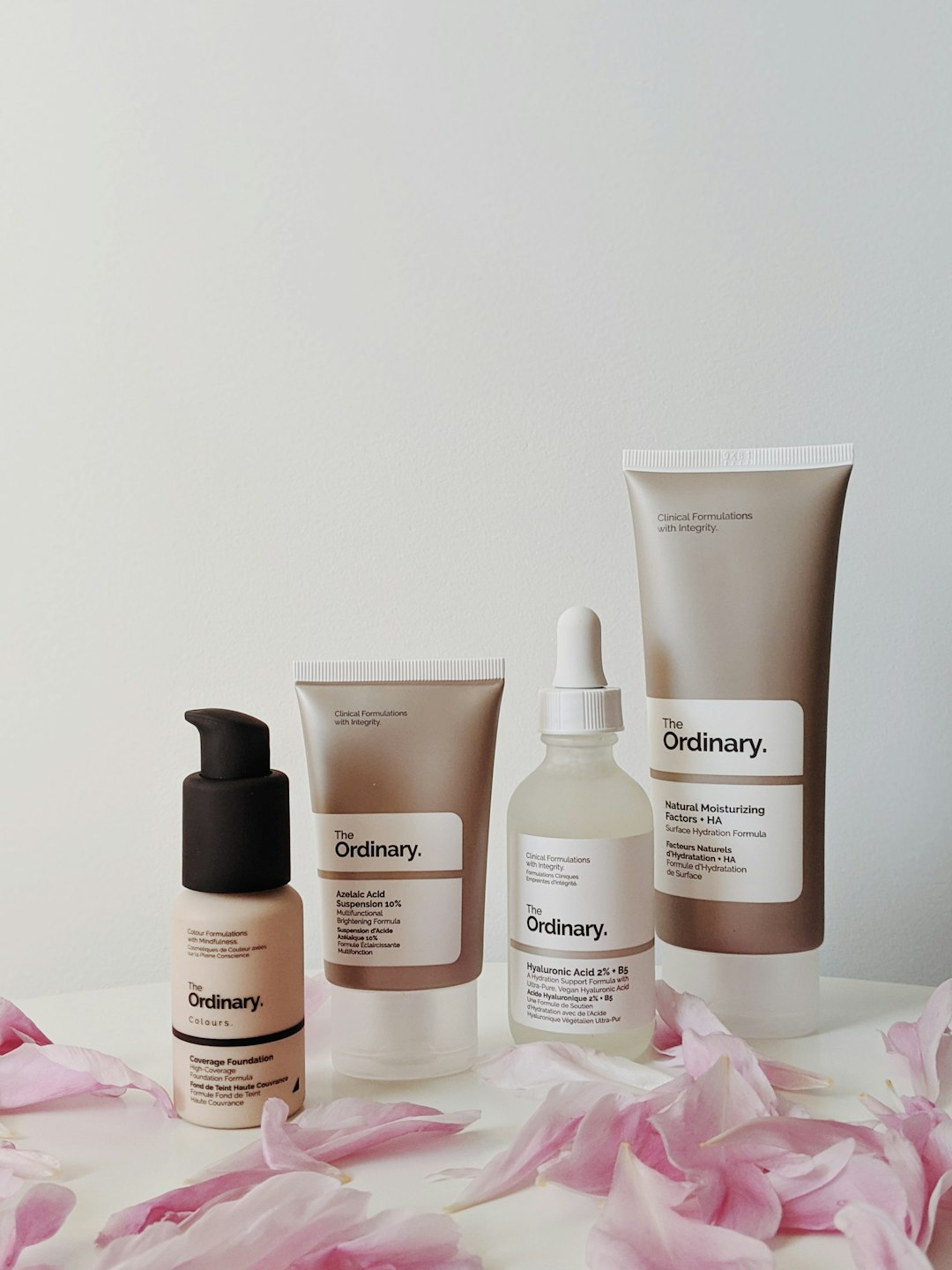Discover the Hidden Link: How Your Diet Influences Skin Health

Your skin is often viewed as a reflection of your overall health. While many people focus on skincare routines and topical products to maintain healthy skin, the connection between diet and skin health is increasingly becoming a focal point in dermatology. The food we consume can either nourish our skin or contribute to various skin concerns such as dryness, aging, and inflammation. This article dives deep into how dietary choices impact skin health and offers practical tips for improving your skin care routine through nutrition.
The Skin-Diet Connection
Our skin functions as a protective barrier that wards off external aggressors, but it also requires proper nutrients to maintain its health and appearance. Just as your body needs a balanced diet to function optimally, your skin needs a variety of vitamins, minerals, and fats to stay vibrant and youthful. Below, we explore some key nutrients that are crucial for skin health.
Vitamins and Minerals for Radiant Skin
- Vitamin C: Known for its powerful antioxidant properties, Vitamin C plays a significant role in collagen synthesis. Collagen is essential for skin firmness and elasticity, making it a vital nutrient for anyone interested in skin tightening and antiaging.
- Vitamin E: This vitamin provides intense hydration, protecting the skin from oxidative stress. It promotes a healthy barrier function, which is essential for preventing moisture loss.
- Vitamin A: Often found in anti-wrinkle products, Vitamin A is essential for skin cell turnover and repair. It can help reduce signs of aging, combat dryness, and enhance overall skin texture.
- Zinc: An essential mineral that plays a crucial role in skin healing, zinc helps to manage oil production and reduce acne. It offers anti-inflammatory benefits, making it an excellent choice for sensitive skin.
- Omega-3 Fatty Acids: These healthy fats are crucial for skin elasticity and resilience. They help maintain the skin's lipid barrier, contributing to intense hydration solutions and reducing dryness.
Foods to Include in Your Diet for Healthy Skin
To reap the benefits of these skin-loving nutrients, consider incorporating the following foods into your diet:
1. Fruits and Vegetables
Brightly colored fruits and vegetables are packed with antioxidants, vitamins, and minerals essential for skin health. Foods like berries, oranges, and leafy greens are particularly beneficial due to their high Vitamin C content, which aids in collagen production and provides protection against environmental damage.
2. Healthy Fats
Include sources of healthy fats like avocados, nuts, and seeds in your meals. These foods not only provide Omega-3 fatty acids but also help maintain your skin's moisture levels. By incorporating them into your diet, you can achieve that much-desired skin tightening effect.
3. Whole Grains
Whole grains are an excellent source of B vitamins, which play a crucial role in maintaining skin health and combating skin issues. Opt for complex carbohydrates like oats, quinoa, and brown rice to keep your energy levels stable and your skin nourished.
4. Fish
Fatty fish such as salmon and mackerel are high in Omega-3 fatty acids and Vitamin E. Regular consumption of these fish can significantly improve your skin's texture, providing the intense hydration solution it craves. They help mitigate the signs of aging and reduce inflammation.
Foods to Avoid for Clear Skin
While incorporating skin-friendly foods can work wonders, it's just as essential to be aware of what to avoid. Below are some common culprits that may adversely affect your skin health:
1. Sugary Foods
High sugar intake can lead to increased cortisol levels, resulting in breakouts and skin irritation. Sugar also promotes glycation, a process that damages collagen and elastin, ultimately contributing to aging and wrinkles.
2. Dairy Products
For some individuals, dairy can trigger acne and other skin issues. If you notice breakouts after consuming dairy, trying plant-based alternatives may help improve your skin's clarity.
3. Processed Foods
Highly processed foods often contain unhealthy fats, additives, and preservatives that can lead to inflammation and breakouts. It's beneficial to focus on whole, nutrient-rich foods to boost your skin health.
Hydration: The Unsung Hero of Skin Health
While food plays a pivotal role in skin health, hydration is equally important. Drinking enough water is critical for maintaining skin elasticity and preventing dryness. It helps to flush out toxins from your body, enhancing your complexion and ensuring your skin receives its necessary nutrients.
The Magic of Intense Hydration Solutions
Incorporating drinks infused with fruits and vegetables can amplify your hydration levels. Herbal teas, coconut water, and smoothies enriched with skin-healthy ingredients are excellent choices. Remember, staying hydrated from the inside out contributes to a radiant complexion and supports your overall skin care routine.
Building a Skincare Routine that Works
Combining a healthy, balanced diet with a consistent skincare routine can yield outstanding results for your skin. Here are some tips on how to align your diet with your skin care routine:
1. Use Nutrient-Dense Ingredients
Just as you choose nutrient-rich foods for your diet, selecting skincare products that are rich in vitamins and antioxidants can enhance your skin's appearance. Look for serums and creams that contain Vitamin C, E, and A to nourish your skin.
2. Incorporate Natural Oils
Natural oils can provide intense hydration and may offer antiaging benefits. Oils such as jojoba, rosehip, and argan oil are fantastic choices that can be integrated into your skincare routine, helping to maintain skin moisture and fight free radicals.
3. Stay Consistent
Whether it’s your diet or your skincare routine, consistency is crucial for achieving lasting results. Make small changes to your diet and skincare practices that you can sustain long-term. Gradually, these small adjustments will lead to significant improvements in your skin's health.
Mindfulness and Stress Management
Beyond diet and skincare, stress levels can have a profound impact on skin health. Chronic stress triggers the release of hormones like cortisol, which can lead to skin flare-ups and accelerated aging. Here are some ways to manage stress:
- Practice Mindfulness: Engage in mindfulness practices such as meditation or yoga, which can help reduce stress levels and enhance overall wellbeing.
- Regular Exercise: Physical activity promotes blood circulation and helps regulate hormones, thus benefiting your skin.
- Sleep Well: Prioritize getting enough restful sleep each night, as it’s during this time that your skin undergoes regeneration.
Your Journey to Healthier Skin Starts Today!
Understanding the connection between diet and skin health empowers you to make informed choices that will enhance your complexion. By investing time in nourishing your body with a balanced diet rich in vitamins and minerals, coupled with a mindful skincare routine, you’ll set the foundation for radiant skin. Remember, achieving healthy skin is a journey that involves continuous learning, adapting your habits, and prioritizing self-care. Embrace this connection and watch your skin thrive!


